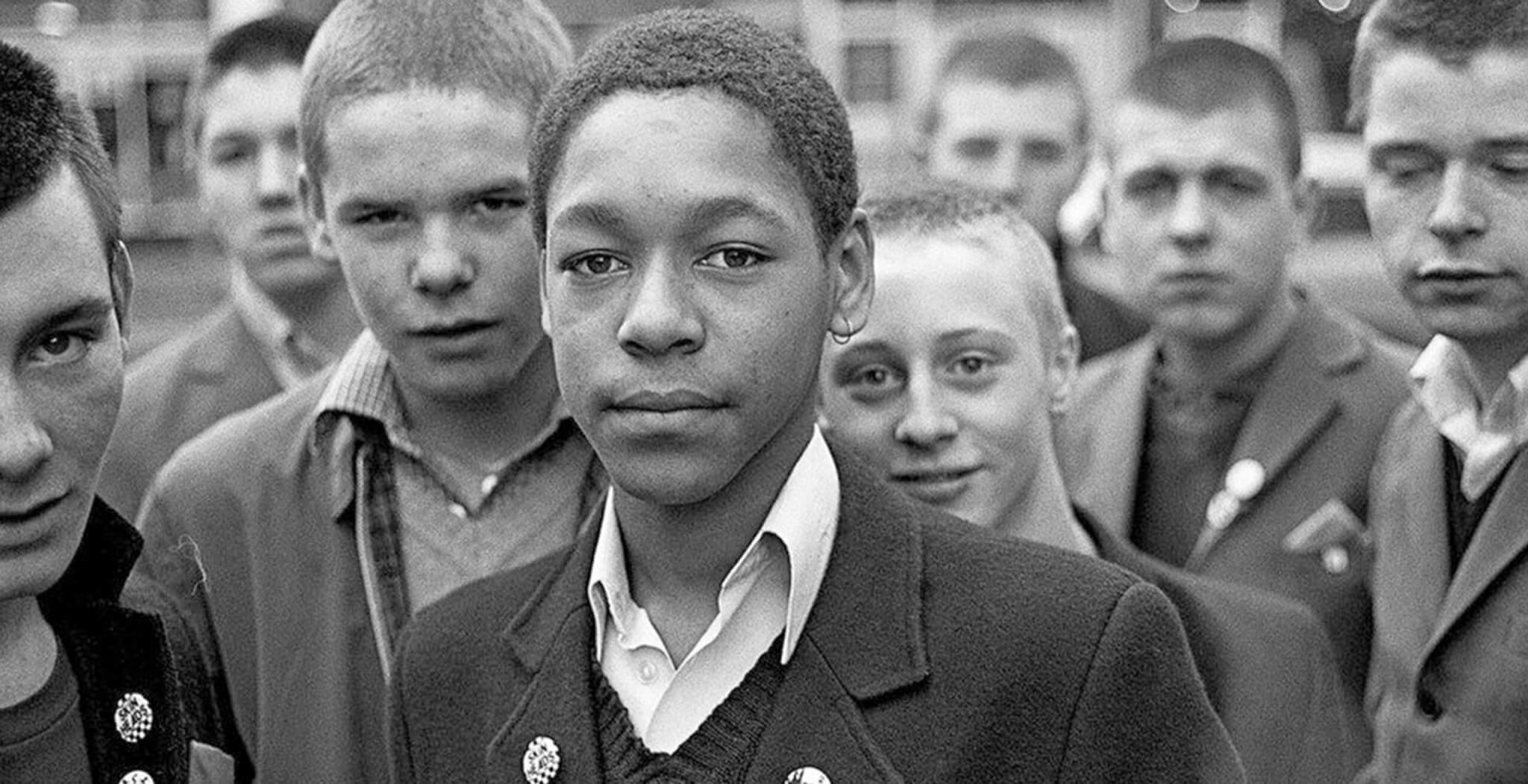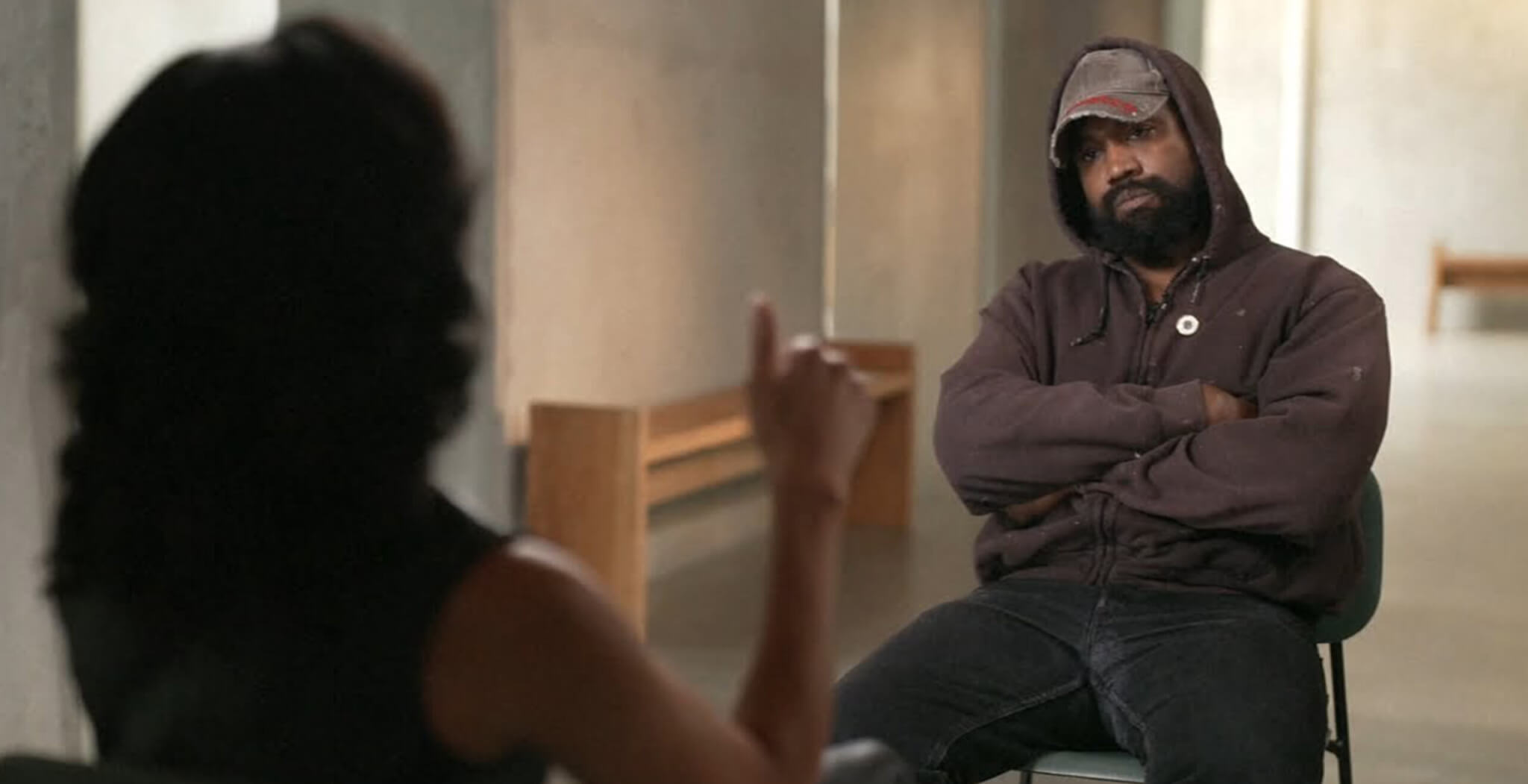When I was in high school, I remember dreading comments from teachers and other students on how Ramadan was essentially unhealthy and the way it makes you lose focus resulting in poor academic performance. Almost ten years later, Ramadan campaigns, billboards in big cities, and Instagram posts about “how to support your Muslim friends during the holy month” are on the rise. Even more, this year marks the first time that a football match in the German Football League got interrupted for Muslim players to break their fast. While there seem to be some changes in the way non-Muslim cultures make space for those fasting during Ramadan, they are still very subtle.
And that is because often Ramadan gets misunderstood as solely being a period of “suffering” due to the lack of water and food intake while completely disregarding the spiritual aspect of fasting. Living in a capitalist society driven by overconsumption and restlessness leaves us in a state of permanent overstimulation, and Ramadan gives us a chance to slow down for it reverts to the essence of life and allows us to collectively reflect on our values and moral compass. What in my life is working for me and what parts need to change? In what ways am I ungrateful for the blessings I receive?
But also, this period poses a challenge to our routines in modern times, starting with the change of sleeping patterns by waking up before dawn for Suhoor, planning the day around Iftar (time to break the fast when the sun sets), scheduling important tasks at the beginning of the day that’s when our focus is higher, all besides prioritizing family time. And how do you make all these changes in your routine while staying in shape to work out? How do athletes keep the balance between diet, timings, and performance?
To answer these questions, I talked to professional boxers Salah Ibrahim (26), who got into boxing at ten and moved to Cologne to train at the Olympic Training Center, and Ousainou Hansen (24), who moved from Gambia to Germany when he was nine, and was competing together with his twin brother Assan at the top of German athletes by the age of fourteen, eventually joining the German National Team.
So, what does a day for elite athletes like Salah and Ousainou look like during Ramadan?
Both Ousainou and Salah talk about the way their daily routines shift during the Holy Month. Salah emphasizes the importance of adjusting his diet to ensure that he’s consuming enough nutrients to maintain his performance while also adapting his training schedule: light workouts in the morning, after Sohoor, and heavier workouts just before Iftar.
“The biggest difference between exercising in Ramadan and on normal days is the time. During Ramadan, I often exercise just after Sohoor, that is when my body has the energy it needs, and just before Iftar to fuel my body with the necessary nutrients straight after,” says Salah.
Ousainou, on the other hand, remarks that he tries to follow his days as usual, adjusting his training sessions when possible. “As we always train as a group, it’s difficult for me to choose my training times, which is why both sessions take place before Iftar every day. But if I can train on my own, I try to schedule the sessions so that one is just before Iftar and the second just before Sohoor.”
Some athletes prefer to have an empty stomach and work out in the mornings, right before eating to begin the fast, while others prefer to gather energy and work out once the fast has started. Wherever the order of preference is, both agree on how crucial Sohoor is for gathering enough energy to train twice a day. Over the course of Ramadan, the body decreases its strength which is why good sleep, sufficient recovery time and high-quality food are important to make it through the last days of the fasting period.
Sitting down and reflecting on my experience with fasting and sports, I found that exercising has a lot to do with mental strength and pushing beyond the limits you set for yourself. Whenever you feel like giving up—you just have to push a bit harder and things will get easier the next time. The same goes for Ramadan, the first day is usually the hardest but a few days in already feels like a habit and before you know it, the month is already over. Fasting teaches you a lot about strength and endurance—how much stronger than you think you are.
So I asked Salah for his secret to fasting and performing. “Eat consciously, drink enough, and listen to your body,” adding that “when I feel like I can’t go on, my faith in Allah and the support of my family and friends give me the strength to keep going. (…) I also think of the people who despite living in life-threatening situations such as droughts or wars, still fast.”
Similar to Salah, Ousainou also touched on how his belief gives him the strength to push through. “Thank God Allah created me with a very strong will.”
In a country like Germany where roughly five percent of the population practices Islam, athletes like Ousainou and Salah remind us that it’s possible to find the balance between performance, fasting practices, and beliefs.




























